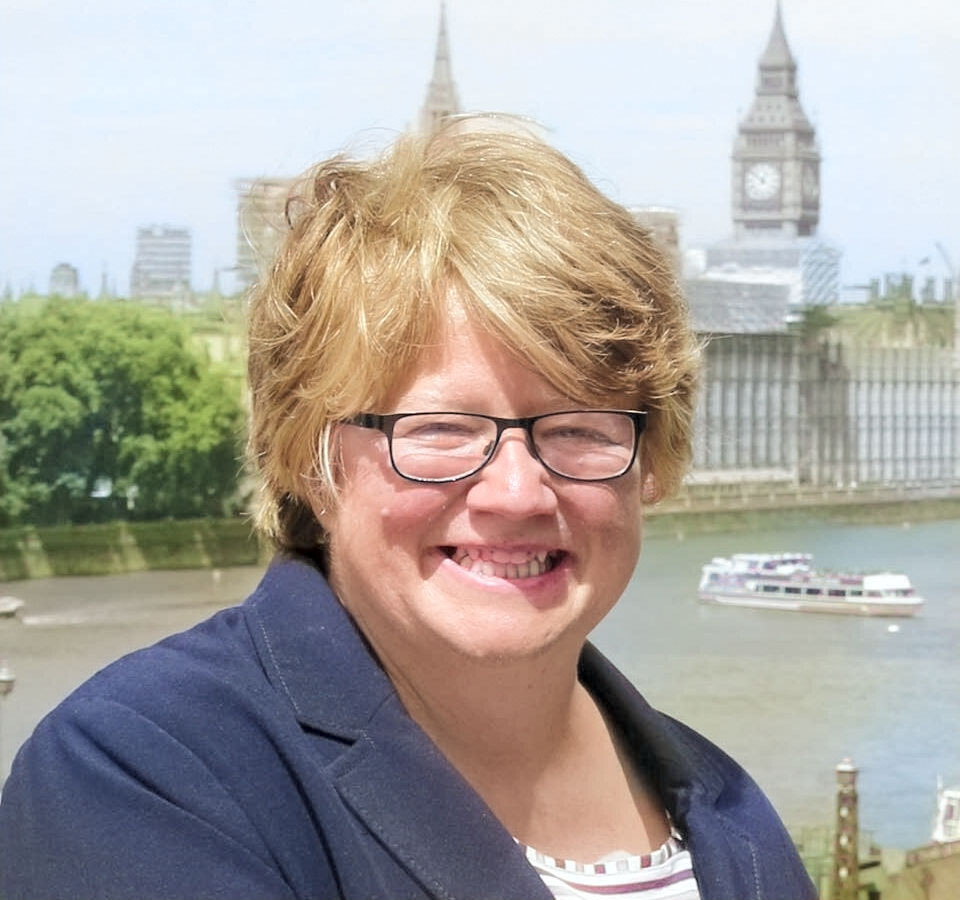Secretary of state for work and pensions Therese Coffey denies the DWP has any “legal” duty of care towards vulnerable, disabled claimants.
Philippa Day, Errol Graham and Jodey Whiting are now sadly familiar names to people with an interest in how vulnerable claimants are treated by the Department for Work and Pensions (DWP).
Day and Whiting both took their own lives, and Graham starved to death. All were claiming benefits because of health problems, including mental health difficulties. They died after their benefit was cut or stopped.
The Rethink Mental Illness charity is running a campaign called Stop Benefit Deaths. Its 2021 report, Tip of the Iceberg? Deaths and Serious Harm in the Benefits System, describes the system as one “in which poor decision making and administrative errors are compounded by processes and communications that seem harsh and uncaring”.
It reveals that there have been at least 268 internal reviews by DWP into deaths of or serious harm to benefit claimants since 2012. In the two years before the report, there were 124 such investigations. This is a huge rise.
Stress points
Disabled claimants who are vulnerable or have complex needs may experience difficulties at various stages. Stress points cited in cases that ended in harm to claimants include:
- Failure to attend a medical assessment as part of a claim for or review of entitlement to a disability or sickness benefit
- Failure to respond to a letter or form sent by DWP, leading to benefit being suspended and stopped
- Sanctions, with reductions to the benefit, usually because of a failure to comply with claim “conditionality” (where the claimant has to meet certain obligations to receive the benefit).
Public pressure has been growing on the DWP and the secretary of state for work and pensions, Dr Therese Coffey, to address concerns about the many deaths thought to be related to difficulties with claiming benefits. This pressure has been brought by relatives of the deceased claimants, disability pressure groups, coroners and journalists.
However, Coffey has denied that the DWP – a huge public body – has any “legal” duty of care towards the vulnerable people who form a substantial proportion of their sick and disabled customers.
Nonetheless, work is ongoing within the DWP to try to improve its record on safeguarding vulnerable clients, and reduce the cases of serious harm and preventable deaths that have been documented in the past decade.
The DWP has set up a service excellence group to help improve the experience of claimants. This includes the serious case panel, a senior staff group that meets quarterly to consider systemic issues and problems and makes recommendations to address these.
These issues are identified in DWP internal process reviews that follow serious incidents or deaths, coroners’ reports and complaints made to the DWP.
There is now internal guidance for all DWP staff called Helping Customers Who Require Advanced Support. It states: “This guidance aligns activity across DWP, providing practical steps for assisting customers who may need support putting in place, supporting a compassionate, tailored service at all points of our customer experience.”
The guidance includes advice and information on how to deal with claimants who are at risk, whether from themselves or from a third party. The
risks include injury, neglect, domestic violence or psychological abuse, as well as the risk of exploitation of children or vulnerable adults.
There is separate guidance for DWP staff on managing and escalating concerns about a claimant who is at risk of suicide or self-harm.
A crucial part of the support for staff is a new network of advanced customer support senior leaders spread through the regions of Great Britain. They provide escalation routes beyond the usual DWP business channels for the most vulnerable customers who require tailored, advanced support.
How to report concerns
However, what is notably absent from the DWP’s publications are any guidelines for relatives and carers or professionals such as social workers on how to report to the DWP any concerns they have about the risk of harm to individual claimants.
If you have a client who is at risk of harm because of difficulties with benefits – for example if their employment and support allowance is stopped because they fail to attend a medical assessment – then steps to take could include:
- Telephone the relevant benefit helpline to explain your concerns; ask if it is possible to speak to a supervisor
- Ask for an urgent, ideally same day call back from the benefits office
- Request that the benefits office investigates and resolves the presenting issue urgently eg by giving the claimant another opportunity to attend their missed assessment
- If the concerns are urgent and/or serious enough, ask if the case can be referred to an advanced customer support senior leader
- If the issue is in connection with a missed medical assessment, the customer services department at the relevant assessment provider may be able to assist. For example, if the claimant is particularly stressed or anxious about an upcoming assessment, the provider can be asked to consider information such as a psychiatric report to see if a decision can be made without the assessment. n
Stop Benefit Deaths: rethink.org





